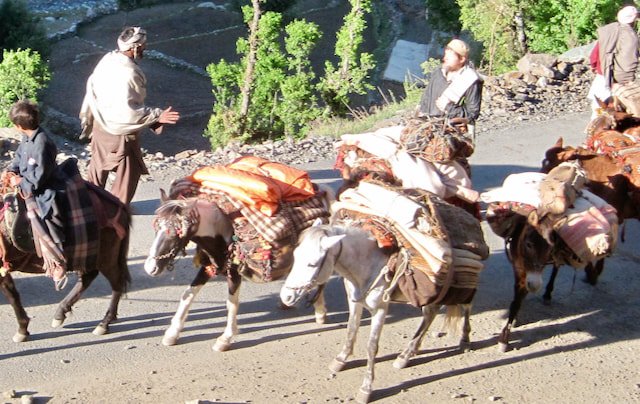
What does Networking relationships with outsiders look like?
Discover how nomads naturally network external relationships for survival and flourishing, as seen in Abraham’s alliance with outsider tribes. Explore the relational dynamics of nomadic life, their generational connections, and what we can learn about mutuality, trust, and respect from these ancient practices.
